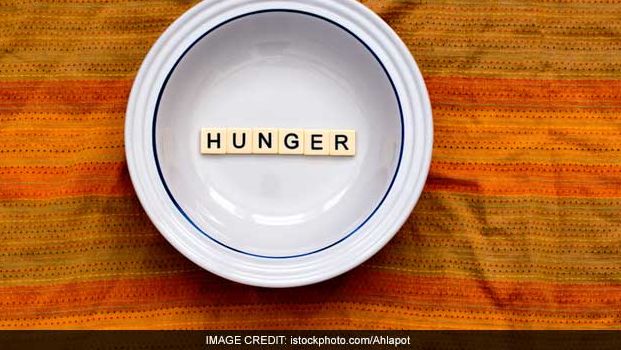What Role Do Carbohydrates Play In Your Body?
The most important function of carbohydrates is to provide energy to your brain and body. Carbohydrates from the food you consume are broken down into smaller units of sugar. These small units get absorbed out of your digestive tract and enter into your bloodstream. This blood sugar tends to get transported through your bloodstream, and further helps supply energy to your muscles and tissues. Moreover, most of your body cells use carbohydrate glucose for energy; in fact, brain uses most of the glucose as an energy source.
Your body gives indicators when it's not getting enough carbohydrates. We list out some signs and symptoms that will tell you that you are not consuming enough carbohydrates.
1. Less energy
One of the main roles of carbohydrates is to provide energy, particularly to your brain and nervous system. With negligible amount of carbohydrates in the body, your body will feel less energised and more fatigued through the day.

One of the main roles of carbohydrates is to provide energy
2. Constipation
Healthy carbohydrates including whole grains, vegetables, beans, fruits and nuts are plant-based carbs that have fibre. If you do not consume enough fibre-rich foods, it can lead to constipation. Consuming enough complex carbs like whole grain breads, pastas and cereals will help aid your digestive health by smoothening your bowel movement, further reducing the risk of constipation.
3. Bad Breath
When you don't consume enough carbs, your body tends to burn the stored fats and proteins for fuel, which is done by a process called ketosis. The used fats and proteins generally cause smelly breath.
4. Your gym sessions are not effective
If you are not having sufficient carb intake, then there are high chances of you feeling lethargic during workouts. You will be less likely to sustain a high-intensity workout. It's best to load up on carbs before you begin to exercise so that you have enough energy to burn fat away.

You will be less likely to sustain a high-intensity workout
5. Your progress of losing weight has stopped
If your progress was great and you lost weight quickly, which suddenly stalled, it's probably because you are not including enough carbs in your diet. A low-carb diet can hinder your weight loss efforts. If you eat fewer carbs, the liver tends to make up for it by producing sugar, thereby spiking blood sugar levels. When the blood sugar rises, pancreas secrete insulin, which is your fat storing hormone. As a result, you store fat instead of shedding it.
6. You feel hungry all the time
Most healthy carbohydrates are rich in fibre content, which keeps your body fuller for longer. Now, if you don't eat carbs, you don't get enough fibre, which leaves your tummy asking for more food. A low-carb and low-fat diet is a disaster for people who are looking to lose weight.

Most healthy carbohydrates are rich in fibre content
7. Mood swings
You will automatically feel irritated and moody because you lack energy and are hungry at the same time. Moreover, carbohydrates play an important role in body's production of serotonin, a feel-good chemical that is produced in the brain.
So, make sure you are consuming enough carbohydrates for the day. Do not forget to eat healthier carbs and not the ones that will make you gain weight.









